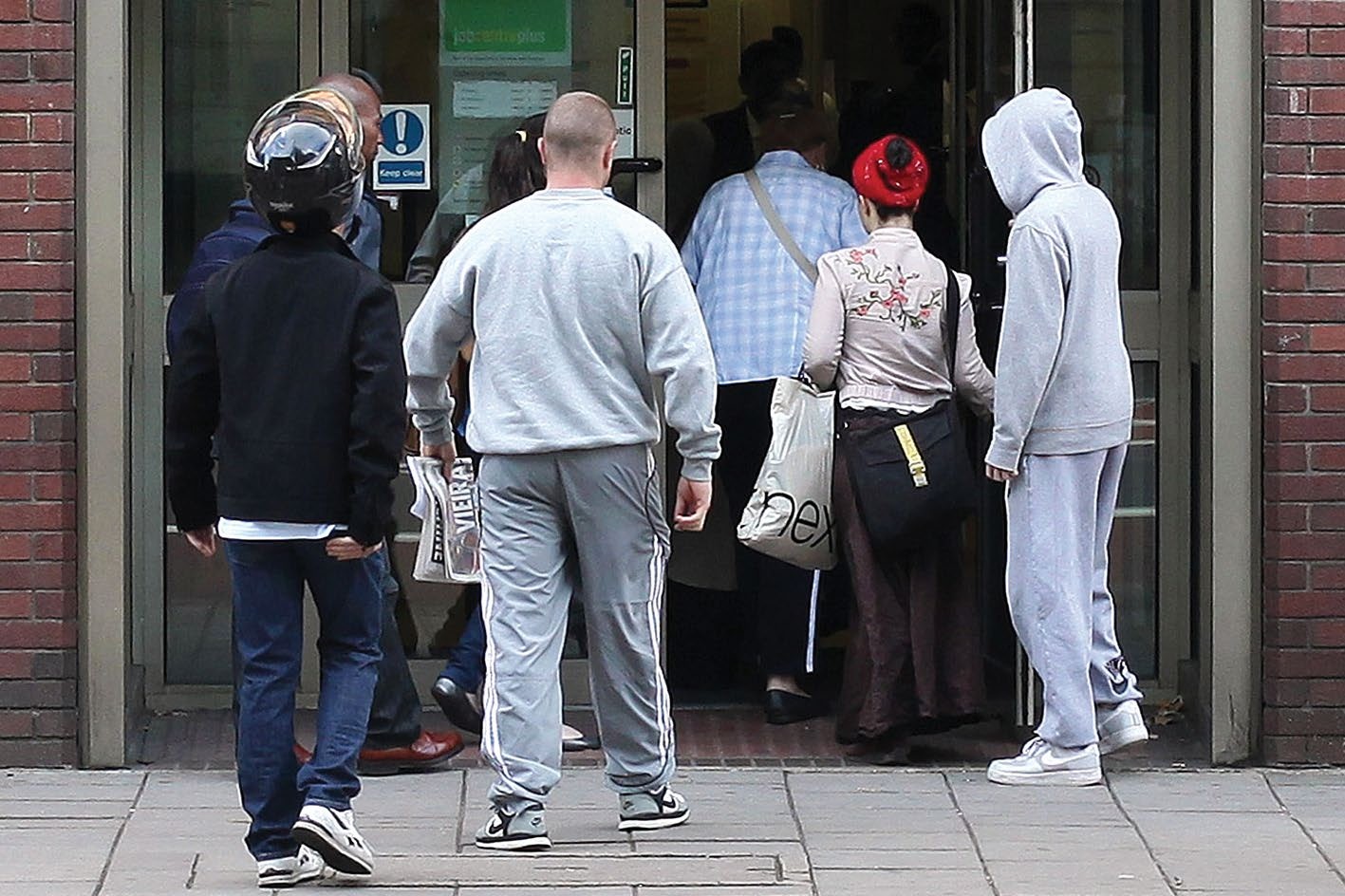Indian stocks bounce back – should you invest?
Indian stocks make a comeback after the country's general election. Should you invest?

Get the latest financial news, insights and expert analysis from our award-winning MoneyWeek team, to help you understand what really matters when it comes to your finances.
You are now subscribed
Your newsletter sign-up was successful
Want to add more newsletters?
“The new Modi government looks a lot like the old one,” says The Economist. Indian voters recently stripped prime minister Narendra Modi’s governing BJP party of its parliamentary majority for the first time in a decade, leaving it to rely on smaller parties to stay in power.
Concern that a shaky coalition could undermine growth saw Indian markets plunge 6%, wiping $400 billion off stocks in a single day earlier this month. However, Modi has assembled a coalition that is broadly “sympathetic to his pro-business” agenda, with many of the key ministers from the last term remaining in place.
The result? The BSE Sensex index “clawed back all its losses” within a week and is up 7% since the start of the year. Modi has already achieved much since coming to office in 2014, says John Reed in the Financial Times. His government has “stabilised” a “wobbly macroeconomy”, implemented much-needed tax reforms and powered into the digital economy.
Try 6 free issues of MoneyWeek today
Get unparalleled financial insight, analysis and expert opinion you can profit from.

Sign up to Money Morning
Don't miss the latest investment and personal finances news, market analysis, plus money-saving tips with our free twice-daily newsletter
Don't miss the latest investment and personal finances news, market analysis, plus money-saving tips with our free twice-daily newsletter
But India still faces “deep structural challenges” in areas such as farming, where “mass protests” have seen off previous attempts at reform. New Delhi wants to build up India’s manufacturing base, but that requires difficult changes to labour and land laws. As one local business commentator puts it, if Modi didn’t manage these reforms in the last 10 years, “why would we see them now that the BJP doesn’t have the majority”?
Complaints about a “two-track economy” that leaves too many people behind gained more traction than expected at the polls, says Jon Sindreu in The Wall Street Journal. That could well force Modi to “shift some of the attention he has paid to infrastructure and investment” toward social programmes to placate angry voters.
Nevertheless, growth will continue as already agreed infrastructure projects bed in. Capital expenditure has hit more than a third of GDP. The “Indian growth story remains a compelling one”.
Is it a good time to buy Indian stocks?
The Mumbai bourse’s recent gyrations serve as a reminder that professional investors are horribly “bad at assessing political risk”, says Nicholas Spiro in the South China Morning Post. India is the world’s most expensive major equity market on a forward price-to-earnings basis, surpassing even the US. Indian shares deserve some of that premium thanks to rapid growth, quality companies and a “geopolitical sweet spot”.
But local stocks look “priced for perfection”, leaving them vulnerable to bad news. Indeed, some foreign money managers have been quietly pulling out in recent months, taking the share of foreign ownership of Indian stocks below 18%, the lowest since 2012. Instead, local retail investors are “powering the rally”.
India’s election result shouldn’t radically derail its impressive growth trajectory, says Thomas Mathews of Capital Economics. The economy could well double in size over the coming decade. But that doesn’t make Indian stocks especially compelling.
A “very benign” backdrop for India – from improved economic stability and the global hunt for alternatives to China – already looks priced into shares. Indian stocks have had a good run, but further world-beating returns will be a tall order from here.
This article was first published in MoneyWeek's magazine. Enjoy exclusive early access to news, opinion and analysis from our team of financial experts with a MoneyWeek subscription.
Get the latest financial news, insights and expert analysis from our award-winning MoneyWeek team, to help you understand what really matters when it comes to your finances.
Alex is an investment writer who has been contributing to MoneyWeek since 2015. He has been the magazine’s markets editor since 2019.
Alex has a passion for demystifying the often arcane world of finance for a general readership. While financial media tends to focus compulsively on the latest trend, the best opportunities can lie forgotten elsewhere.
He is especially interested in European equities – where his fluent French helps him to cover the continent’s largest bourse – and emerging markets, where his experience living in Beijing, and conversational Chinese, prove useful.
Hailing from Leeds, he studied Philosophy, Politics and Economics at the University of Oxford. He also holds a Master of Public Health from the University of Manchester.
-
 What do rising oil prices mean for you?
What do rising oil prices mean for you?As conflict in the Middle East sparks an increase in the price of oil, will you see petrol and energy bills go up?
-
 Rachel Reeves's Spring Statement – live analysis and commentary
Rachel Reeves's Spring Statement – live analysis and commentaryChancellor Rachel Reeves will deliver her Spring Statement on 3 March. What can we expect in the speech?
-
 Three Indian stocks poised to profit
Three Indian stocks poised to profitIndian stocks are making waves. Here, professional investor Gaurav Narain of the India Capital Growth Fund highlights three of his favourites
-
 UK small-cap stocks ‘are ready to run’
UK small-cap stocks ‘are ready to run’Opinion UK small-cap stocks could be set for a multi-year bull market, with recent strong performance outstripping the large-cap indices
-
 Hints of a private credit crisis rattle investors
Hints of a private credit crisis rattle investorsThere are similarities to 2007 in private credit. Investors shouldn’t panic, but they should be alert to the possibility of a crash.
-
 Investing in Taiwan: profit from the rise of Asia’s Silicon Valley
Investing in Taiwan: profit from the rise of Asia’s Silicon ValleyTaiwan has become a technology manufacturing powerhouse. Smart investors should buy in now, says Matthew Partridge
-
 ‘Why you should mix bitcoin and gold’
‘Why you should mix bitcoin and gold’Opinion Bitcoin and gold are both monetary assets and tend to move in opposite directions. Here's why you should hold both
-
 Invest in the beauty industry as it takes on a new look
Invest in the beauty industry as it takes on a new lookThe beauty industry is proving resilient in troubled times, helped by its ability to shape new trends, says Maryam Cockar
-
 Should you invest in energy provider SSE?
Should you invest in energy provider SSE?Energy provider SSE is going for growth and looks reasonably valued. Should you invest?
-
 The scourge of youth unemployment in Britain
The scourge of youth unemployment in BritainYouth unemployment in Britain is the worst it’s been for more than a decade. Something dramatic seems to have changed in the labour markets. What is it?